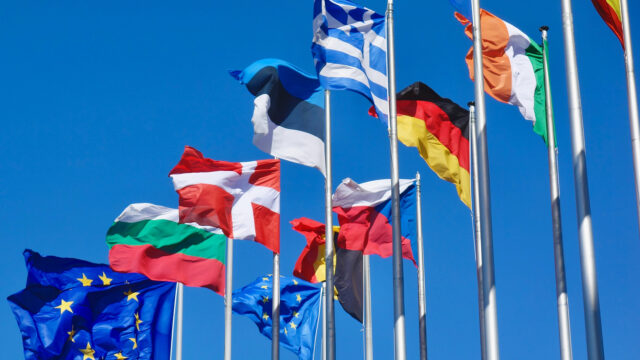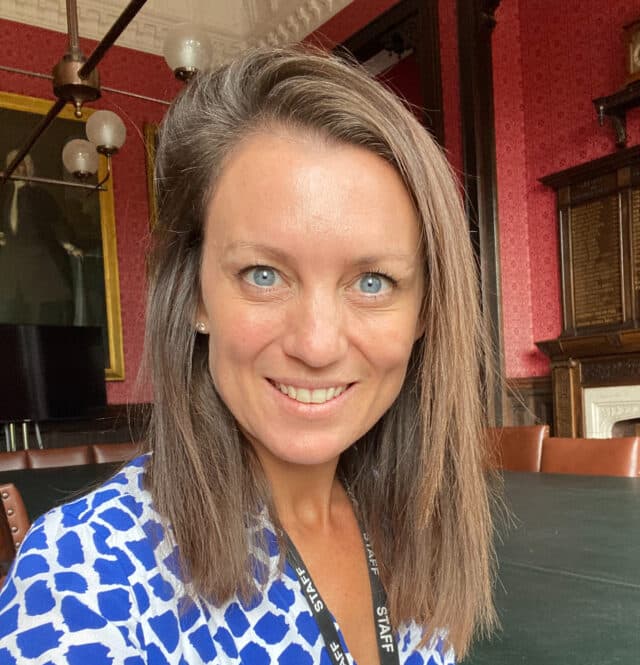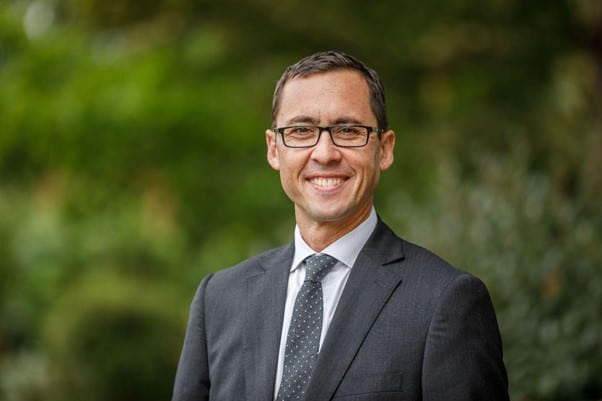Blog
‘WoLLoW’: The World of Languages and the Languages of the World’
John Claughton
Co-founder of WoLLoW and Former Chief Master, King Edward’s School, Birmingham
Read the blog
1. What is ‘WoLLoW’?
‘WoLLoW’ is a languages programme designed to address some major problems in the teaching of languages at KS2 and KS3 – and perhaps even beyond. The enquiry into these issues started over five years ago in a dialogue between John Claughton, former Chief Master of King Edward’s School, Birmingham, and Steffan Griffiths, Head of Norwich School. However, ‘WoLLoW’ became a substantive programme two years ago with the addition of two very experienced MFL teachers, Abbie Dean, a German teacher from Norwich School, and John Wilson, the Head of MFL at Cheadle Hulme.
We are about to become a Charitable Incorporated Organisation – and even appear on the shirts of a European cycling team.
2. Some problems in language teaching – and the ‘WoLLoW’ solution.
Most teachers in primary and secondary schools – and the British Council annual survey of languages [https://www.britishcouncil.org/research-policy-insight/research-reports/language-trends-2021] – would agree that the following problems are common and somewhat intractable:
– the teaching of languages in primary schools varies enormously in subject matter, method, quality, quantity and value.
– since this is so, every secondary school, state or independent, has little alternative but to go back to Square 1/Old Kent Road and start again.
– since this is so, a year 7 pupil who has studied French at primary school and starts French again at secondary school might wonder why he/she did French at primary school – and a year 7 pupil who has studied French at primary school and starts to study Spanish may wonder why they did French at primary school.
– language teaching is not perceived as a core part of the curriculum, and therefore can become peripheral and unconnected with the rest of the curriculum.
– the current teaching of languages in KS2 or KS3 takes little or no interest in the multiple languages which our increasingly diverse pupils speak: why are we teaching them Spanish or French whilst ignoring the fact that they already speak Urdu or Arabic or Chinese or Tagalog?
So, the fundamental purpose of ‘WoLLoW’ is not to teach a single language, nor to offer a range of languages. It is:
– to encourage pupils to be curious about languages, to see patterns, links and similarities within and between languages;
– to help pupils to understand the structure of languages, how grammar works and conveys sense and meaning;
– to enable pupils to share, make use and value their already existing knowledge of other languages and to see the importance of language in their own and different cultures. Thereby, they may be more likely to study and make use of those languages in later life, which would be of great value in familial, cultural and economic terms;
– to link the study of languages to other subjects, not only English, but also history and geography, science and mathematics, myth and religion, empire and migration;
– to enjoy the puzzle/code-breaking nature of languages.
Thereby, we hope that KS2 pupils will move into secondary school and KS3 ready, indeed eager, to learn a language, any language and that this enthusiasm will carry them forward into KS4, KS5 and even tertiary study.
3. ‘WoLLoW’ at work.
In the last two years, we have built a set of online resources which are available to all for free through our website.
So, let’s get down to some of the minute particulars of how it works. One of the first lessons is called ‘Multilingual Me’ and it encourages pupils to think about, and talk to their families about, their own linguistic histories and thereby the impact of migration and colonisation. Another lesson begins with a photograph of my Kryptonite cycle lock and then travels in time and space to Superman and his planet, to crypts and cryptocurrency, to cryptic crosswords and encrypted messages and ends up at krypton and the inert end of the periodic table. Thereby we can see the impact of the Greek language on scientific/technological English, have a go at the Greek alphabet and wonder at the inconsistency of English spelling.
One of the key elements of the programme is that, for every lesson, material is provided for all-class teaching, and for the independent or shared work of the pupils, and for the teacher; put simply, there’s a cribsheet.
4. It does work
In the course of the academic year, the programme has been taught across a range of schools, primary and, to a lesser extent, secondary from Year 4 to Year 7. We believe that there are material advantages to this programme:
• The programme does not need to be taught by a language specialist, but anyone who enjoys languages can teach the programme, using the resources available.
• The programme is less about teaching and the great didactic and more about enquiry, dialogue and sharing knowledge between pupils.
• The programme is inclusive, perhaps especially for EAL pupils, in that it encourages pupils to join in and share their knowledge and familial experience. Indeed, it has also encouraged dialogue at home between pupils and their families.
• The programme does encourage thought about how languages work – for example in grammar and in script – and how they are related to each other, how they are different and how they are the same, and this is an ideal preparation for learning a language in KS3.
• The programme really does lead successfully into other subject areas, showing that the study of language is not a peripheral subject. In particular, it does make a considerable contribution to literacy and history and an understanding of how the two are related: the English language, from Celtic to Graeco-Roman polysyllables is a product of this country’s history and a lesson or two on Latin and Romance languages tell about the impact of empire.
• The programme has worked effectively with pupils of different ages, from Year 3 to Year 7, and in different contexts, from Norwich to Birmingham to Boston, Mass.
• The programme is an excellent resource for independent/state school partnerships.
• The programme provides all the materials that a teacher needs, but it would be very easy to provide additional training and support online from teachers who are already teaching the course.
• Although the concentration of this paper has been on KS2, ‘WoLLoW’ has been taught at KS3 and there is can serve as a binding element to bring together, both for teachers and pupils, the teaching of languages
5. Fellow ‘travellers in an antique land’.
In the course of our journey to the Nile – and back – we have worked with a large number of different educational organisations, from state primary schools in Birmingham to organisations like ISC, HMC and ASCL, from the Schools of King Edward VI in Birmingham to the University of Manchester, from the EAL Academy to the Institute of Education at UCL, from the British Council to the Swire Foundation. In November 2021, we ran a conference at King Edward’s School, Birmingham attended by nearly 50 schools where there were speakers from two inner-city state primary schools in Birmingham, a linguistics professor from the University of Manchester, and a young Iraqi refugee, now settled in Coventry. Over 200 schools have downloaded our resources and there is a small amount of their feedback on the website: https://theworldoflanguages.co.uk/endorsements/
6. So what?
‘WoLLoW’ is a programme that is already in operation and is developing all the time through dialogue with schools, teachers, universities and other institutions. So, ‘WoLLoW’ is ready and available to be trialled in primary schools – now.


